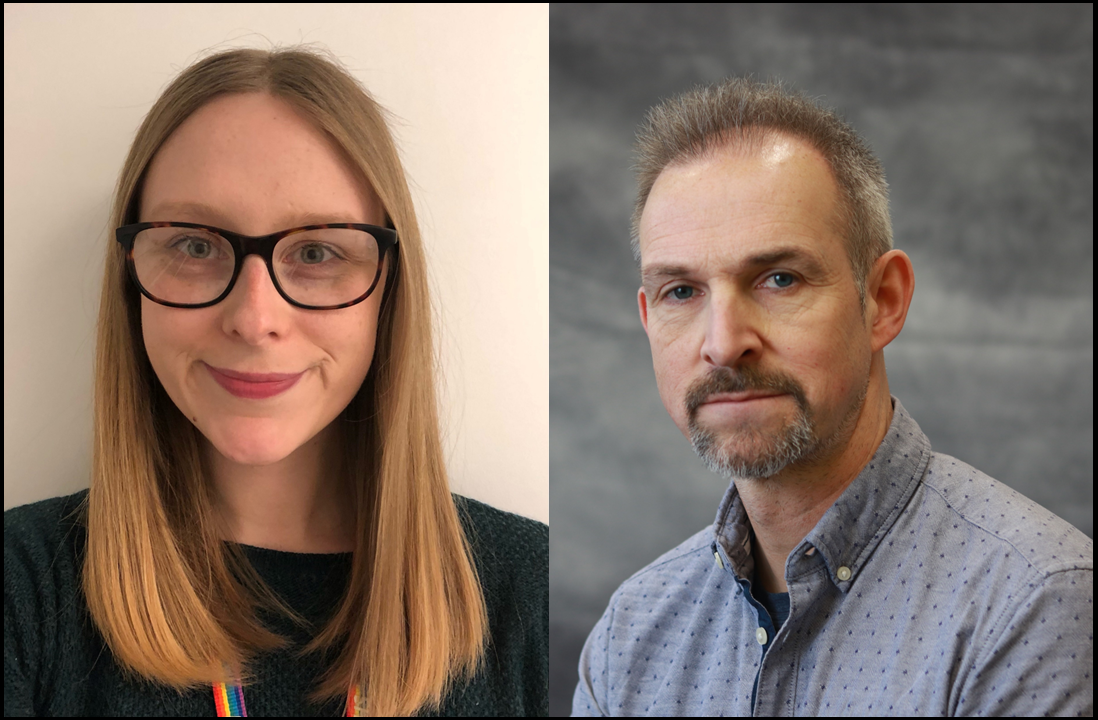Find out about the Therapeutic Drug Monitoring Programme
03 Sep 2024
 We spoke to Dr Shelby Barnett, Research Associate and Professor Gareth Veal, Professor of Cancer Pharmacology from Newcastle University. They told us about the Therapeutic Drug Monitoring (TDM) programme which is a key part of work of the ECMC paediatric network.
We spoke to Dr Shelby Barnett, Research Associate and Professor Gareth Veal, Professor of Cancer Pharmacology from Newcastle University. They told us about the Therapeutic Drug Monitoring (TDM) programme which is a key part of work of the ECMC paediatric network.
Could you tell us a little about the programme and what it’s demonstrated so far?
We run a therapeutic drug monitoring (TDM) programme across the UK that focuses on individualising the dosing of anti-cancer drugs in childhood cancer patients. This involves taking blood samples from patients and measuring drug levels. If drug exposure is too high, the dose can be reduced to help prevent excessive toxicities. If drug exposure is too low the dose can be increased to make the treatment more effective. Our national TDM study is predominantly focused on hard-to-treat patients where it is more challenging to predict how drugs are removed from the body, such as neonates and infants, high dose chemotherapy patients and patients with poor liver or kidney function. The study has been open for 5 years and we have recruited 350 patients from 16 principal paediatric oncology treatment centres across the UK. This study is extremely rewarding as we get to have an impact on patient treatment in real time. We have also had really positive feedback from the treatment centres as they feel this study allows them to make more informed dosing decisions for their patients. As a result we were awarded the 2022 “Innovation in Practice” accolade by the CCLG for our work with this programme.
What have you found most exciting about the findings so far and what impact will they have on cancer patients?
The TDM programme has facilitated the collection of pharmacokinetic data sets in patient populations that are frequently understudied, where there was previously no data available. This has allowed us to generate evidence-based dosing guidelines for carboplatin and vincristine in neonates and infants, which will be used to support future dosing protocols using these agents. We believe that these are not the only drugs where we can make improvements to dosing guidelines based on a clear scientific rationale. Therefore, we are always focusing on developing new assays to measure drugs to improve our understanding and explore where TDM may provide additional benefit to childhood cancer patients.
Was there anything particularly challenging along the way?
As with virtually all areas of cancer research, one of the most challenging things is securing funding to carry out the work. There is genuinely lots of brilliant research conducted in the area of oncology in the UK, but there is a finite amount of grant funding that is available to cover the work being proposed. The big break came with the award of a 3 year grant from the NIHR Research for Patient Benefit funding stream. This allowed us to establish the TDM programme of work and publish the findings to show how this approach to treatment could benefit childhood cancer patients. Since then we’ve been grateful for support received from the Little Princess Trust/CCLG and the ECMC.
What role did your ECMC support and being part of the ECMC network play in this programme?
I think one of the main reasons why the TDM programme of work has been so successful is because the paediatric oncology community in the UK is so well connected and so passionate about treating patients. Over the past few years we’ve had great support from a whole range of healthcare professionals including paediatric oncologists, pharmacists and research nurses supported through the ECMC network.
It’s great to see such promising results from the programme, what do you and the team plan to do next?
A key next step involves dissemination of findings from the TDM programme to the wider community both in the UK and internationally. In this respect we have now created a freely available website (https://nccpg.ncl.ac.uk/) to provide chemotherapy dosing guidance for neonates and infants, a particularly challenging patient population. This will hopefully provide a useful resource for clinicians looking for evidence-based dosing guidance for a wide range of commonly used chemotherapy drugs at a global level. We have also very recently developed an app which explains the TDM programme of work in lay terms for childhood cancer patients and their families and this will be made available later in the year.
